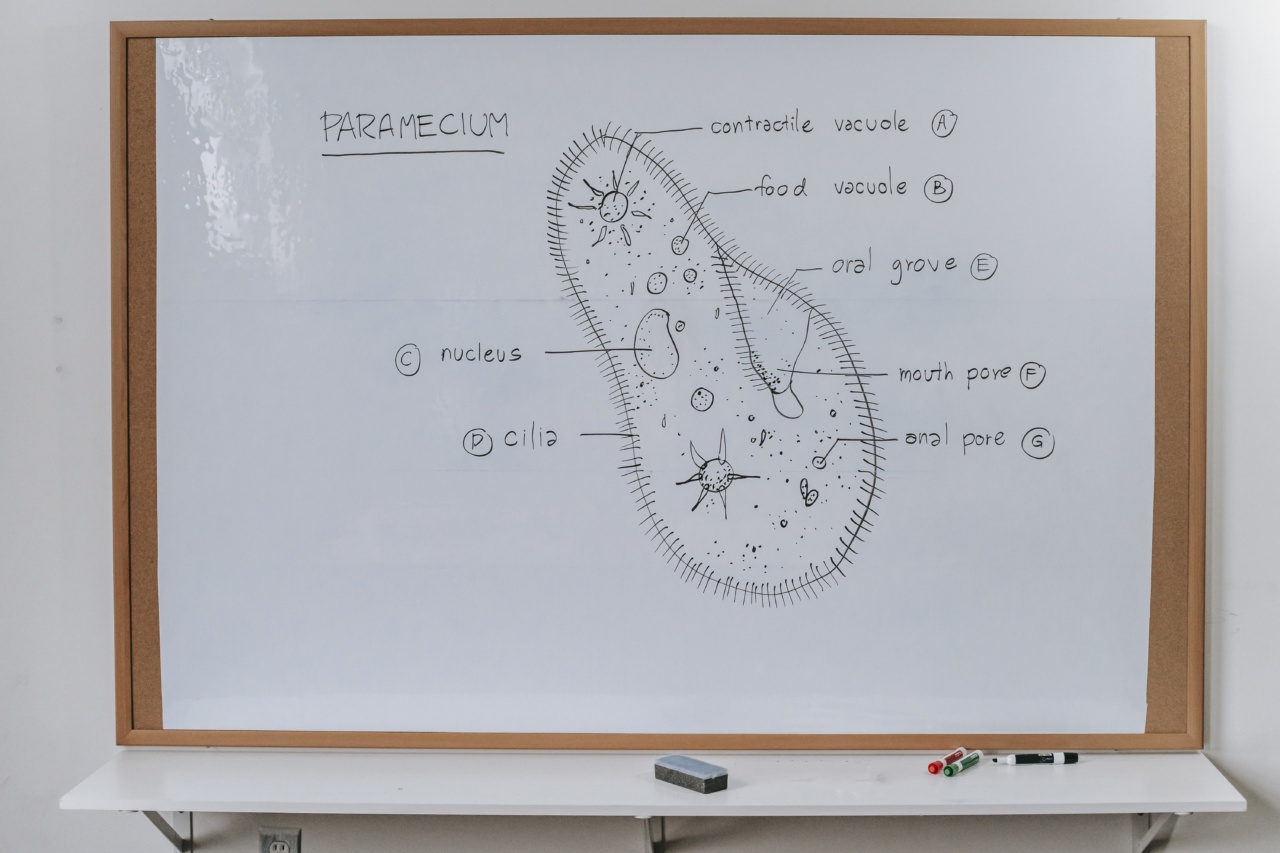Rheumatoid arthritis (RA) is a chronic inflammatory condition that affects the joints. It is an autoimmune disease where the body’s immune system attacks the joints causing inflammation and painful swelling.
According to the Arthritis Foundation, an estimated 1.5 million Americans suffer from rheumatoid arthritis. RA can severely impact a person’s daily life and cause permanent joint damage if left untreated. Prompt medical attention is crucial in managing RA symptoms and preventing irreversible joint damage.
Diagnosis
RA symptoms can vary from person to person, but common early symptoms include joint pain, stiffness, and swelling, especially in the hands, wrists, and feet. Other symptoms may include fatigue, low-grade fever, and loss of appetite.
If you experience these symptoms, it is important to seek professional medical attention.
Your doctor may advise some tests to confirm a diagnosis. Blood tests can identify specific antibodies which are indicative of RA. X-rays and other imaging tests help in determining the extent of joint damage caused by rheumatoid arthritis.
Treatment
It is essential to begin treatment for RA as early as possible to avoid joint damage. The aim of treatment is to reduce inflammation and provide relief from pain and stiffness.
Treatment usually involves a combination of medication, physical therapy, and lifestyle changes.
Medications such as nonsteroidal anti-inflammatory drugs (NSAIDs), corticosteroids, and disease-modifying antirheumatic drugs (DMARDs) are used to reduce inflammation and slow the progression of RA.
Physical therapy helps maintain joint mobility and reduce pain. Lifestyle changes such as a healthy diet, regular exercise, and stress reduction techniques may also help manage the symptoms of RA.
The Consequence of Delayed Treatment
If left untreated, RA can cause significant joint damage and deformities that may result in permanent disability. Uncontrolled inflammation in the joint can cause damage to the cartilage and bone, leading to joint erosion and deformities.
This can cause difficulty in completing daily activities and severely impact a person’s quality of life.
Prognosis
The prognosis for rheumatoid arthritis varies depending on the severity of the disease. Early diagnosis and prompt treatment can help manage the symptoms, reduce inflammation, and prevent joint damage.
Appropriate treatment can reduce the risk of long-term complications and help maintain a good quality of life for people living with RA.
Coping Strategies
Living with RA can be challenging, but there are many strategies people can employ to manage their symptoms and improve their overall health and wellbeing. Here are some coping strategies:.
- Get enough rest to reduce fatigue and manage stress.
- Follow a healthy and balanced diet to maintain overall health and reduce inflammation. Some anti-inflammatory food include berries, fatty fish, olive oil, and turmeric.
- Stay physically active with low-impact exercises such as walking, swimming, and cycling. Exercise helps maintain joint function and reduces stiffness.
- Join support groups to connect with others who are living with RA and share experiences and coping strategies.
Conclusion
Rheumatoid arthritis is a debilitating condition that can significantly affect a person’s quality of life. Early diagnosis and prompt treatment are essential in managing RA symptoms and avoiding irreversible joint damage.
Living with RA can be challenging, but with the right coping strategies, people with RA can lead a fulfilling life.






























